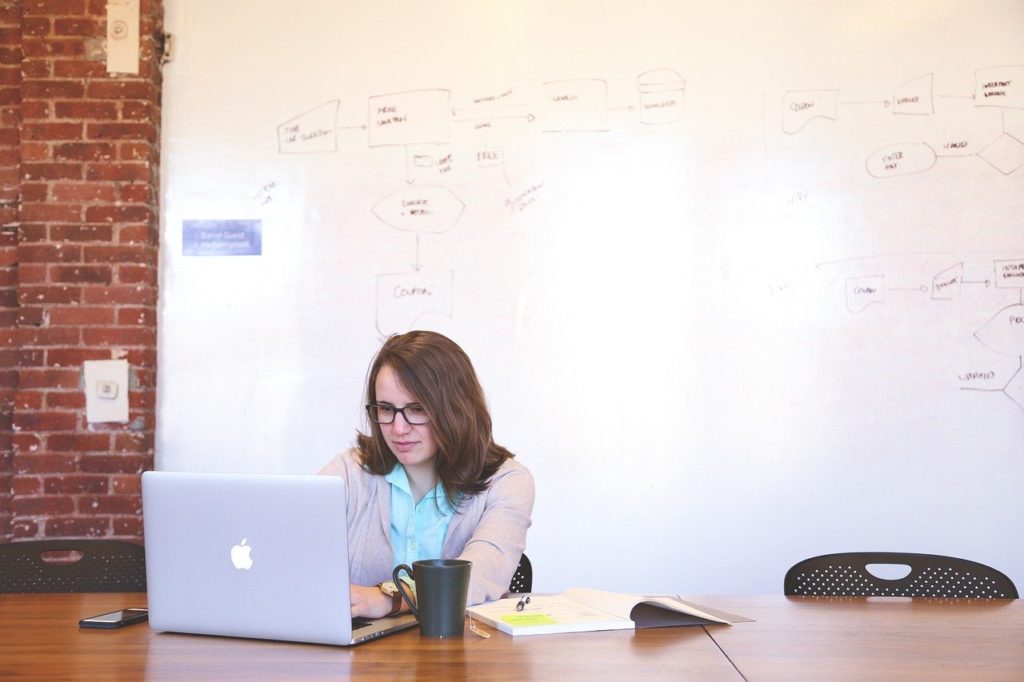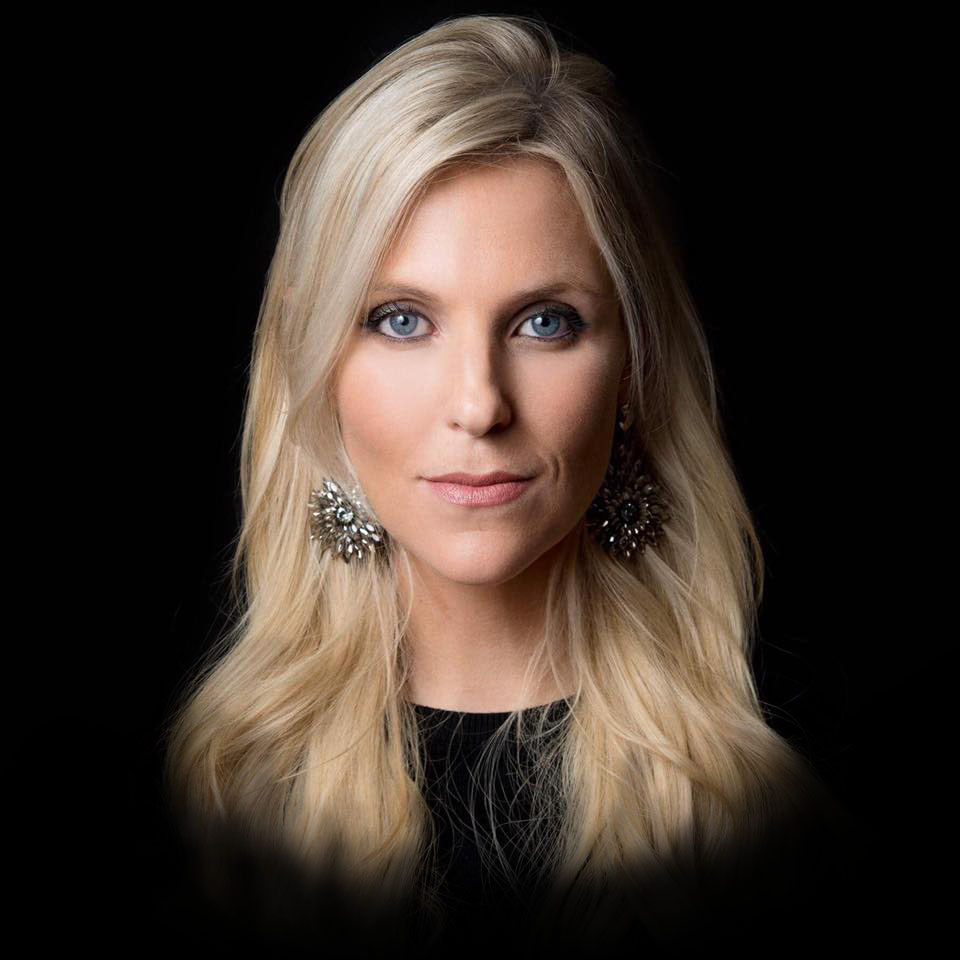To the degree that female entrepreneurs experience bias, they must often fight harder than their male counterparts to secure funding and find quality mentorship. Fortunately, women are successfully contending for more space in business. In the decade following 2007, female-run businesses grew by about 45 percent, a rate that is five times the national average. Women now own approximately 39 percent of the 28 million small businesses in the United States. Overall, these companies contribute more than $1.5 trillion to the national economy and employ almost 9 million people. These businesses play an important role in the economy and attest to the need for more female-driven companies.
A Growing Need for Support of Women in Entrepreneurship
Women take a fundamentally different approach to entrepreneurship than men. The Centre for Entrepreneurs explains that the different skills that females bring to bear often contribute to their excellent performance. Moreover, women are more likely to become serial entrepreneurs and create sustainable business earnings.

Crucially, the context for such successes is one rife with hurdles, which begs the question of what would happen if some of them were removed. While many women become entrepreneurs because the opportunity arises and they have the requisite experience, others become entrepreneurs out of necessity, and it is these women who may face the most hurdles.
Need-based entrepreneurship happens when people lack other acceptable means of generating an income. In other words, many female entrepreneurs create companies out of necessity rather than in response to an opportunity. Some women will start their need-based entrepreneurship as a side hustle. The majority of women who start a side hustle do so explicitly to make extra money. In fact, 75 percent of women with a side hustle started it to make money, whereas only 58 percent of men have done so for that purpose. Currently, nearly 30 percent of millennial women are engaged with a side hustle to supplement their income. Importantly, need-based entrepreneurship is not always driven by the economy. The National Women’s Business Council has found that many female entrepreneurs were motivated to start their own businesses due to restrictive workplace policies, discrimination, and childcare-related issues.
What It Means to Provide Targeted Support to Women Entrepreneurs
To support these women who feel like they have no other choice, it is imperative to understand their challenges. Understanding these hurdles leads to greater awareness and can help point to new policies that may address them. Females own considerably fewer companies than men, so it is clear that significant barriers still exist. Furthermore, women who own companies frequently face challenges that are different from those of their male counterparts. For example, access to capital is unequal, and females often struggle to find quality mentors. Throughout 2018, women received only 2.2 percent of the $130 billion in venture capital disseminated to entrepreneurs, which is perhaps because women make up less than 10 percent of all decision makers in the venture capital world. Additionally, the gender pay gap can create issues for female entrepreneurs.

Research has shown that global gross domestic product would increase by up to 6 percent if women had equal access to entrepreneurship opportunities as men by causing a boost in the global economy of up to $5 trillion. This boost would come from the different and often more successful ways that women approach business. To achieve this goal, more initiatives need to focus on identifying and removing the barriers that women face when starting businesses. While there are certainly systemic hurdles, the issues can also depend on location, so local programming is often the best way to start. Already, some impressive models for how to achieve this goal have been launched, such as Women Entrepreneurs NYC (WE NYC), which works to level the playing field for female New Yorkers engaging in entrepreneurship.
A Unique NYC-Based Program for Promoting Female Entrepreneurship
WE NYC was launched in 2015 following a report that looked at the specific challenges faced by women starting companies in New York City. The program is now comprised of several initiatives, including WE Master, which teaches business owners critical skills, and WE Legal, which offers guidance on legal issues, as well as key services. WE Legal can help women negotiate fair leases for commercial space, protect their intellectual property, and write great human resources policies. Another initiative, WE Connect, helps female entrepreneurs build better relationships and find mentorship. WE NYC also includes WE Fund, which offers capital for growth, as well as a business line of credit for women who do not have enough personal credit history for a loan.
The WE NYC model is already spreading. WE BOS, for example, recently began operations in Boston. This program already has initiatives to build key skills among women and facilitate business growth through local networks. If WE BOS is as successful as WE NYC, even more programs supporting female entrepreneurs may begin operations in the years to come.

 Joanna (Jo) Riley is an entrepreneur, investor, and advocate in technology, and is currently the CEO and Co-Founder of Censia. Jo has a highly experienced background in building and scaling companies, which she attributes to her deep passion for people and building technologies that allow people to be their best selves. She brings her wide knowledge of the industry to better transform the way enterprise companies hire talent. You can connect with Joanna Riley at @joannakiddriley on
Joanna (Jo) Riley is an entrepreneur, investor, and advocate in technology, and is currently the CEO and Co-Founder of Censia. Jo has a highly experienced background in building and scaling companies, which she attributes to her deep passion for people and building technologies that allow people to be their best selves. She brings her wide knowledge of the industry to better transform the way enterprise companies hire talent. You can connect with Joanna Riley at @joannakiddriley on